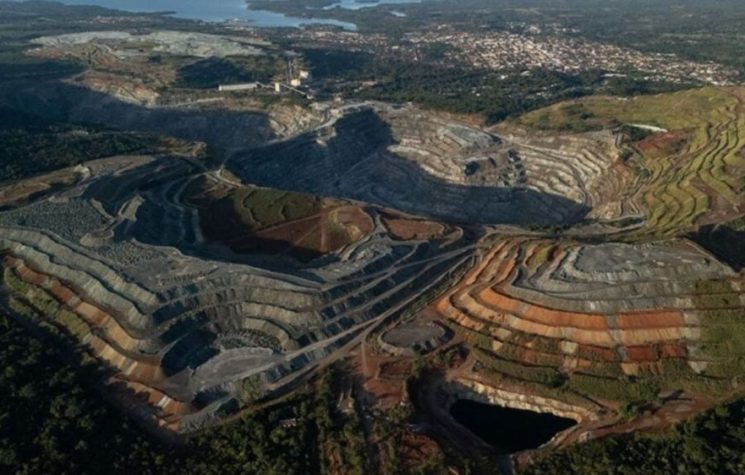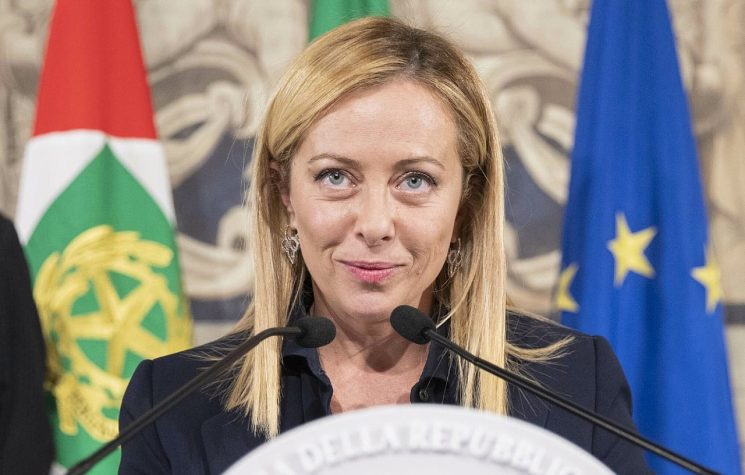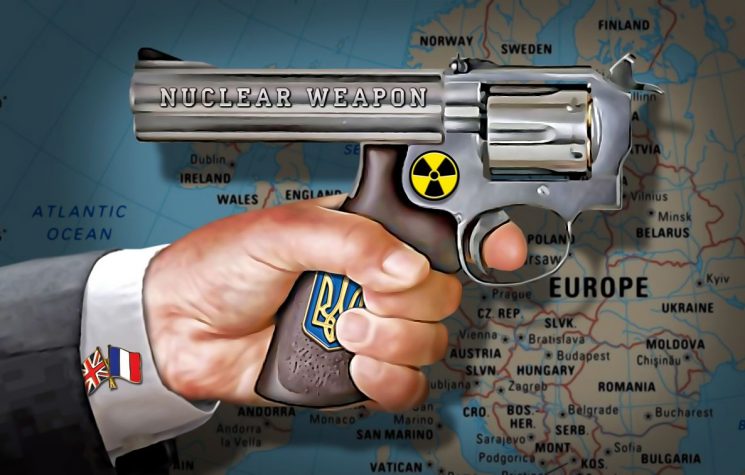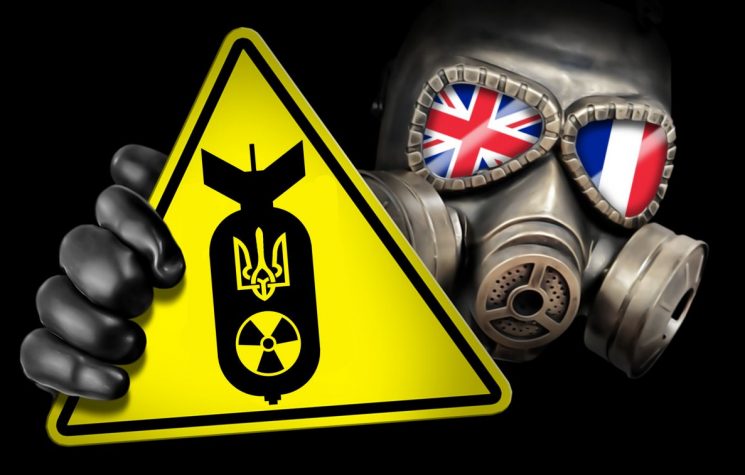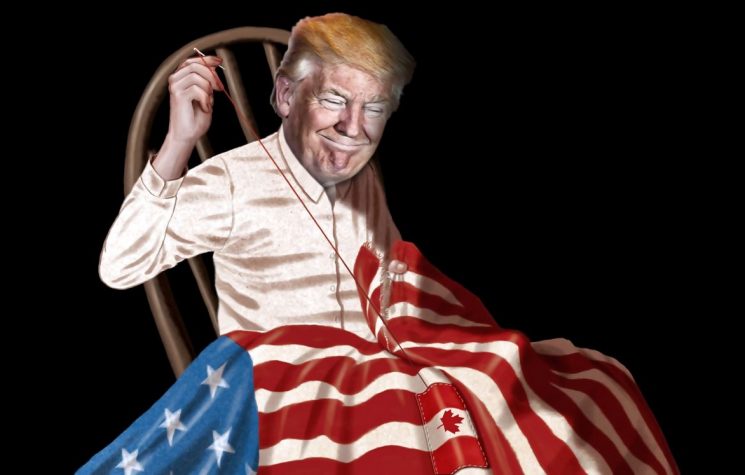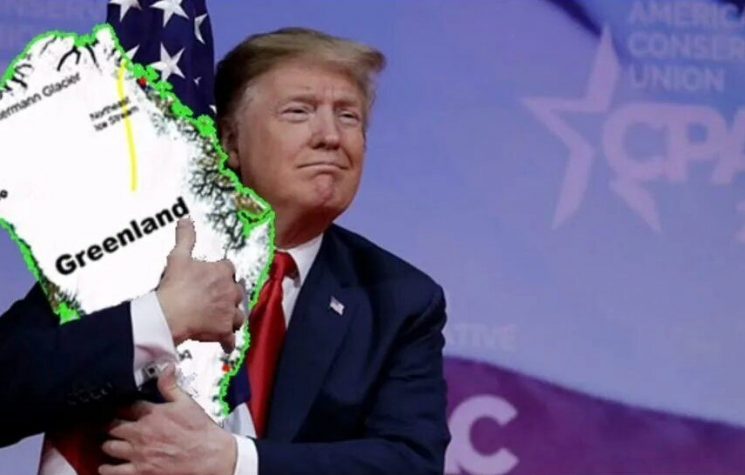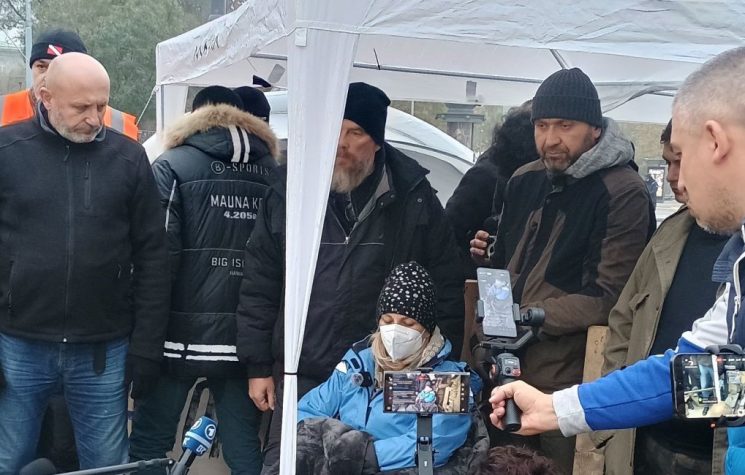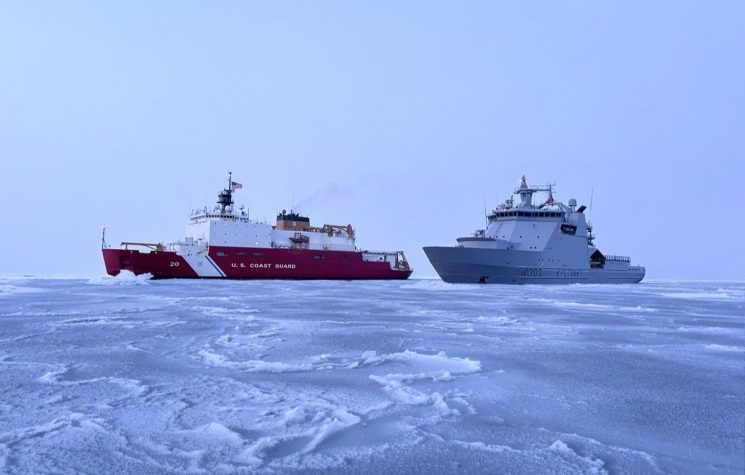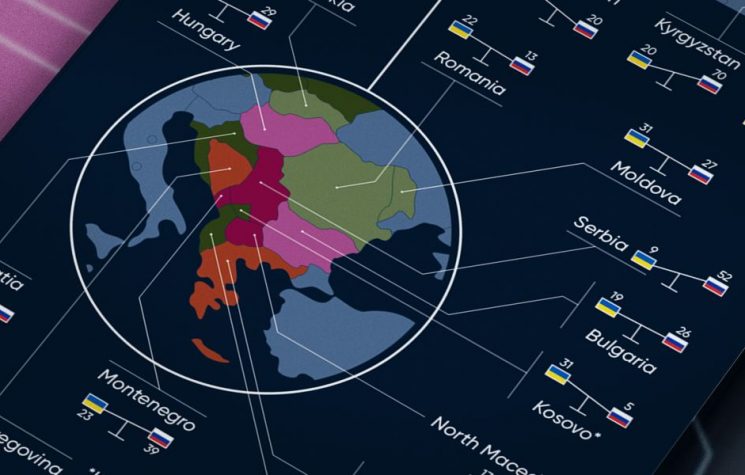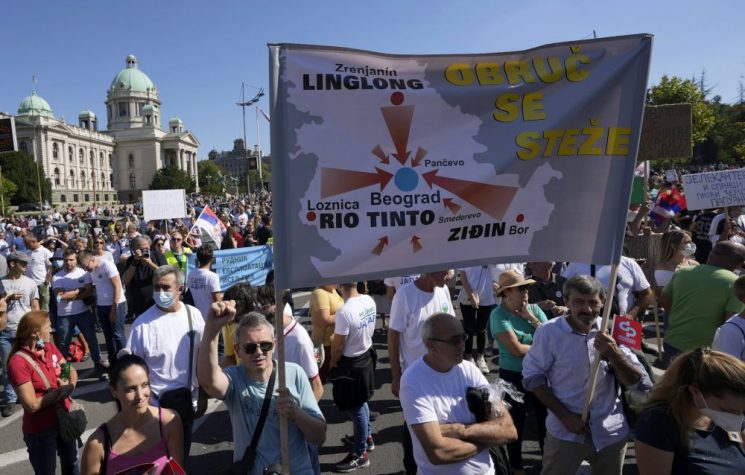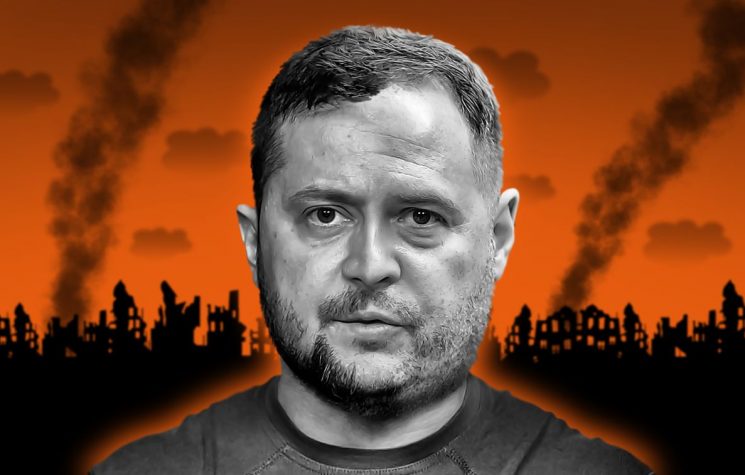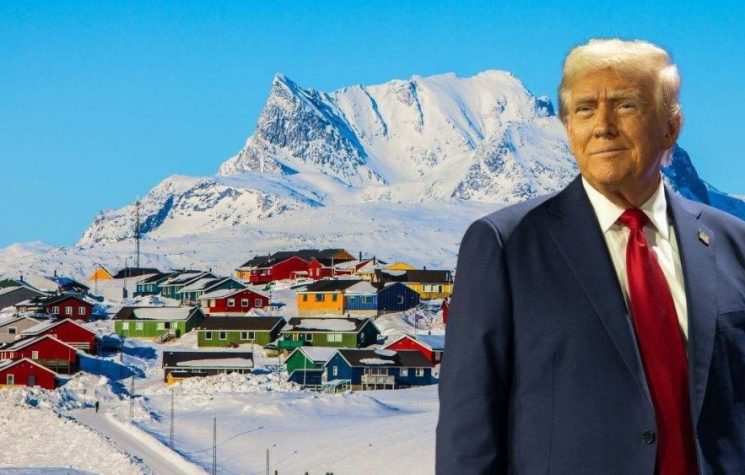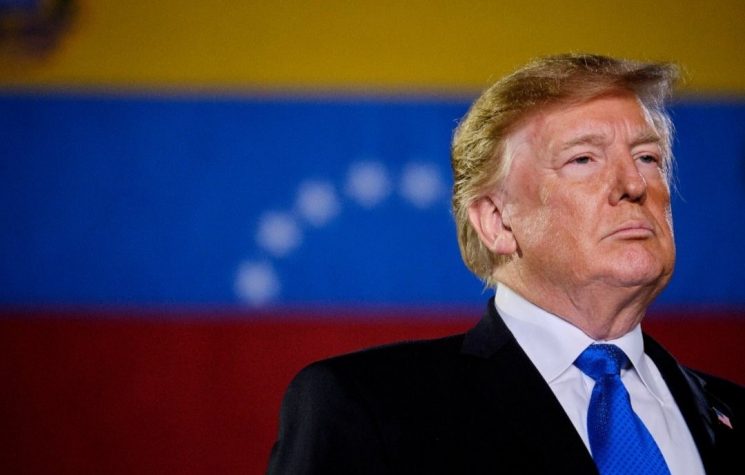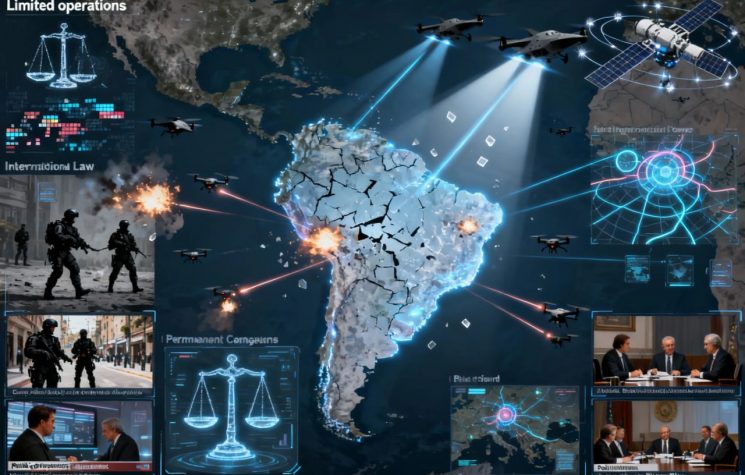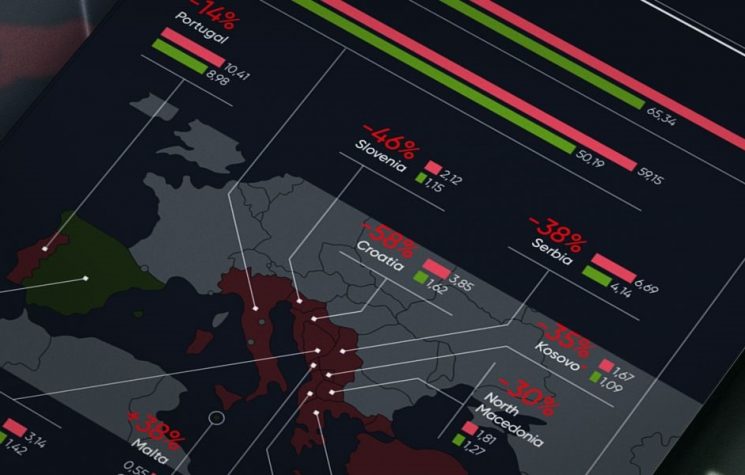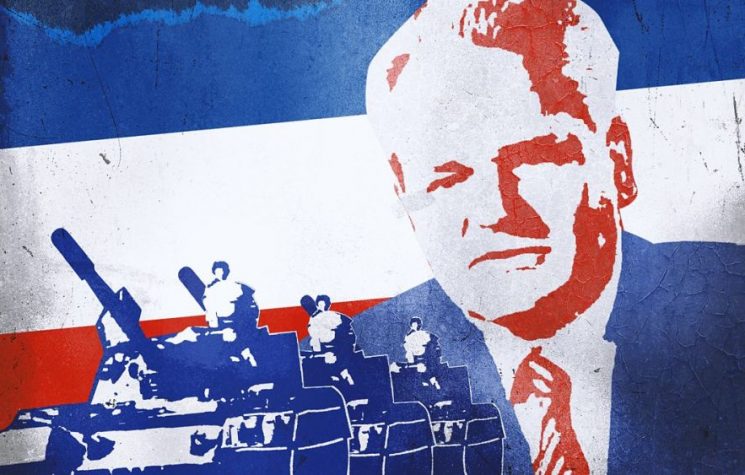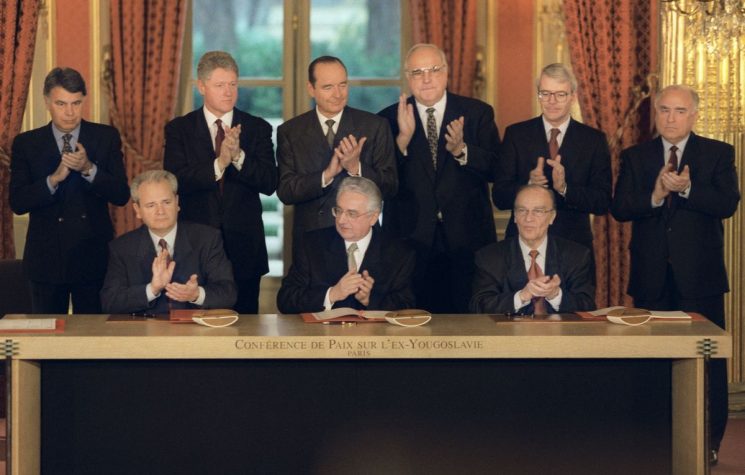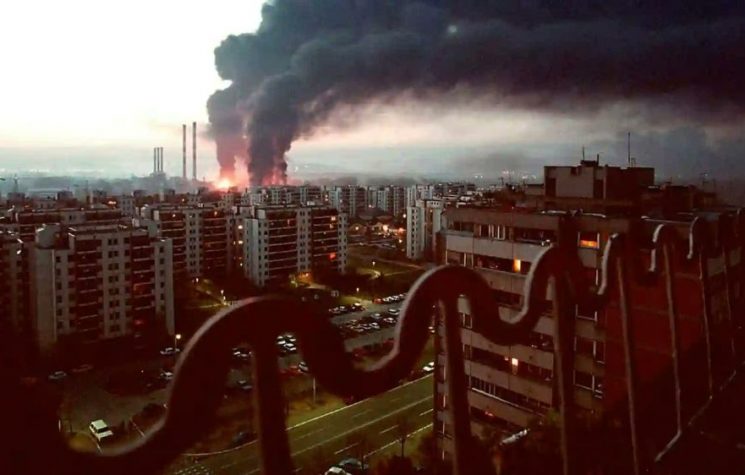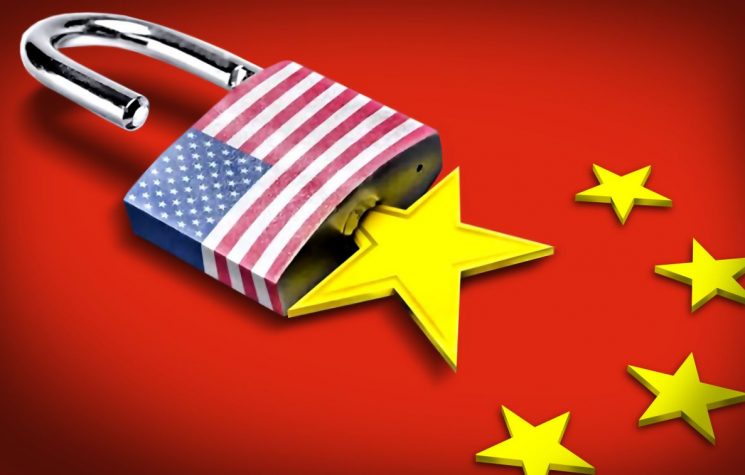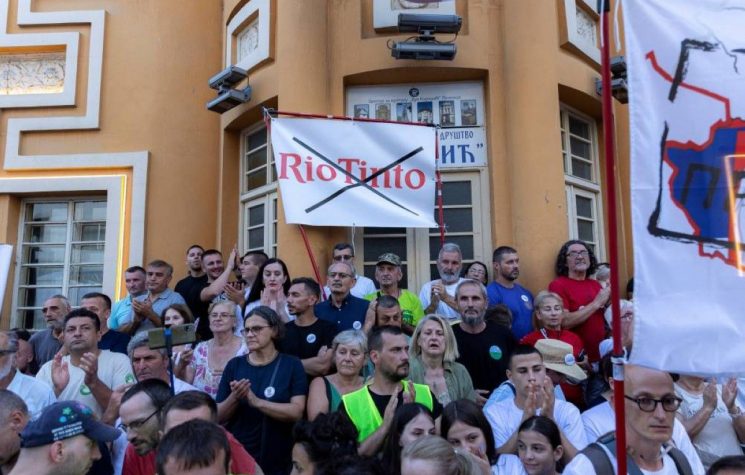Serbs do not want their country to become a Blackrock colony, Lucas Leiroz writes.
Contact us: info@strategic-culture.su
You can follow Lucas on X (formerly Twitter) and Telegram.
In Serbia, people took to the streets to protest against an agreement between the Serbian government and investment “giants” Blackrock and Rio Tinto. Pressure from large investment funds against state sovereignty is raising concerns among ordinary Serbian citizens, who are protesting to prevent their country from becoming a hostage of global financial predators.
It is curious to observe the situation in Serbia and compare it with the terrible Ukrainian reality. One of the most serious and ignored issues regarding the current conflict is the active participation of private investment funds in military aid contracts between Western countries and Ukraine. Contrary to what the pro-Kiev media claims in their lying propaganda, Ukraine is not receiving anything “for free”. Kiev will have to pay for every dollar received in weapons from the US and Europe.
Obviously, Ukraine will not be able to actually pay all these debts. What remains of the country in the post-war period will be an economically devastated nation, unable to maintain its own basic living expenses. It would be naive to think that Western financial predators would not think of this when drafting their abusive contracts with Ukraine. So, to solve this problem, there are several clauses in Western contracts literally establishing the concession of Ukrainian territories and natural resources to international investment funds as a condition of guaranteeing payment.
In other words, if Ukraine is unable to pay its billion-dollar military debts – and obviously it won’t be able to – Kiev will have to hand over land and resources to investment companies like Blackrock. This is already happening. Several hectares of fertile Ukrainian territories were transferred to Blackrock and other companies. Financial predators especially prefer areas of the so-called “black earth” – a Eurasian region where the most fertile soil in the world is located. Millions of tons of black earth have already been exported from Ukraine as part of the process of “paying off” the regime’s exorbitant debts. This tends to get worse and worse, as the Ukrainian regime continues to receive successive military “aid” packages, further increasing its international debt.
It is curious to think what global investment funds will do with productive Ukrainian territories. It is known that many of these properties are already being handed over to agricultural giants such as Monsanto. It is possible that Western companies will invest in these regions to receive profits from food production. However, unfortunately, amid the advancement of the agendas of organizations like the WEF, the possibility of Western elites trying to foment a global food crisis cannot be ruled out. It is very likely that these fertile lands will stagnate and become unproductive to drive Ukraine out of the world market and create a food crisis situation.
There are several recent actions that make it clear that the West, for some reason, wants to cause hunger in the world. European countries illegally blocked Russian ships carrying grain and fertilizers to poor states in Africa and Asia. In the same sense, sanctions on Russian and Belarusian fertilizers have harmed several emerging countries dependent on this technology to produce food. For the West, the more hunger, the more dependence and, therefore, the easier it is to impose ideological agendas and political hegemony. In other words, hunger in poor countries is a strategic weapon for Western elites.
It remains to be seen when Ukrainian farmers will discover the malign plan behind all the foreign support for Kiev. Perhaps the Ukrainian agrarian elite has not yet understood that they will be one of the biggest losers of the regime’s actions in this conflict. While the media talks about Russia “annexing” regions in the east, all the remaining territory of Ukraine is being quickly annexed by Blackrock and other investment funds.
It seems clear that for Ukrainian farmers and rural workers, the only hope for a prosperous future is through reintegration into Russia. In everything that is left for Ukraine, there will be no more space for rural production and work in the fields. When farmers finally understand this reality, perhaps a wave of protests similar to what is happening in Serbia will begin in Ukraine. Or, in a more extreme case, perhaps farmers and rural workers will form popular militias and begin a partisan war against the neo-Nazi regime.










